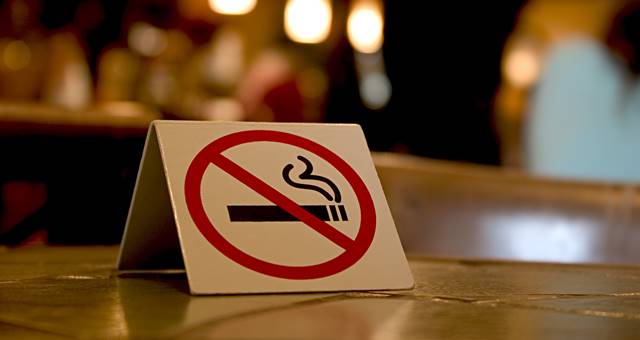The process of quitting smoking is often arduous. Stopping an addiction takes a toll on the body, despite the positive long-term effects. Some people who quit smoking may suffer from the side effects of withdrawal. Often, when people think of withdrawal, they imagine shaking, sweating, and cravings. However, the side effects of quitting smoking are not limited to these symptoms. Nicotine addiction can continue to interfere with a person’s life mentally and physically long after their last puff of a cigarette.
Take extra care of your body.

It would help if you were wary of a few side effects of quitting smoking: headaches, dizziness, fatigue, and constipation. Nicotine is a stimulant, so you likely will feel run down the first few weeks without it. Infusion therapy may be able to help you tackle each of these symptoms all in one. Infusion treatments come in many forms.
Certain conditions may require infusion therapy because oral treatments are ineffective. IV infusion therapy to treat hangovers has been gaining popularity in recent years due to its ability to deliver rapid, healthy hydration. Staying adequately hydrated can combat each of the withdrawal symptoms mentioned above.
Be mindful of your mental health.

Directly after quitting smoking, many people experience insomnia, headaches, and increased irritability. In some cases, mental health conditions like anxiety and depression may be exacerbated by nicotine withdrawal from your bloodstream. Every person is different, so these effects are not universal. The physical and emotional challenges set in motion by the absence of nicotine tend to taper off after several weeks. However, these several weeks can bring about many changes to your body.
For example, many people experience increased appetite and, as a result, may put on extra weight after quitting. The best thing to do for your mental health in a time of transition is to be patient and kind to yourself. Before making a judgment, ask yourself if you would say the same thing to a friend.
You are your own worst critic. Quitting an addiction is a triumph in itself, so try to focus on the positive aspects of it. If your stress becomes unmanageable, there is a variety of mental health services available to help. Consider looking into telehealth support for an extra helping hand.
Avoid temptations.

Specific triggers that may intensify your cravings make staying away from nicotine difficult, such as the smell of cigarettes. Most people associate cigarettes with unpleasant odors. However, for a person recovering from a cigarette addition, the smell of smoke may be tantalizing. If you have smoked for a very long time, the smell of smoke likely lingers in your car or home. A smoke odor eliminator can help rid your surroundings of smoke odors, mitigating your cravings.
This product is also highly beneficial for those who have decided to quit smoking but live with others who continue to smoke, like roommates or a partner. Suppose you were a social smoker or someone who enjoyed smoking while drinking alcohol. In that case, it could also be helpful to cut back on your alcohol consumption to reduce your cravings.
One important thing to keep in mind throughout this process is that most relapses occur within the first 14 days after quitting. If you are within that two-week time frame, it should bring you some comfort to know that the worst will soon be behind you. If you have already surpassed this threshold, congratulations! It may not seem like it, but you have done a fantastic job.
Taking small steps to care for your body, like obtaining adequate hydration and getting enough rest, can help support your health overall. Many people need help getting through addiction, so don’t hesitate to look into mental health support if you feel that you might benefit from it. Every person’s journey will look different. Try a few of these tips to help you find what’s best for you.

